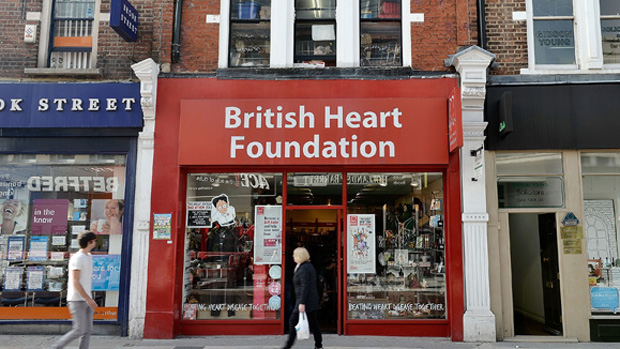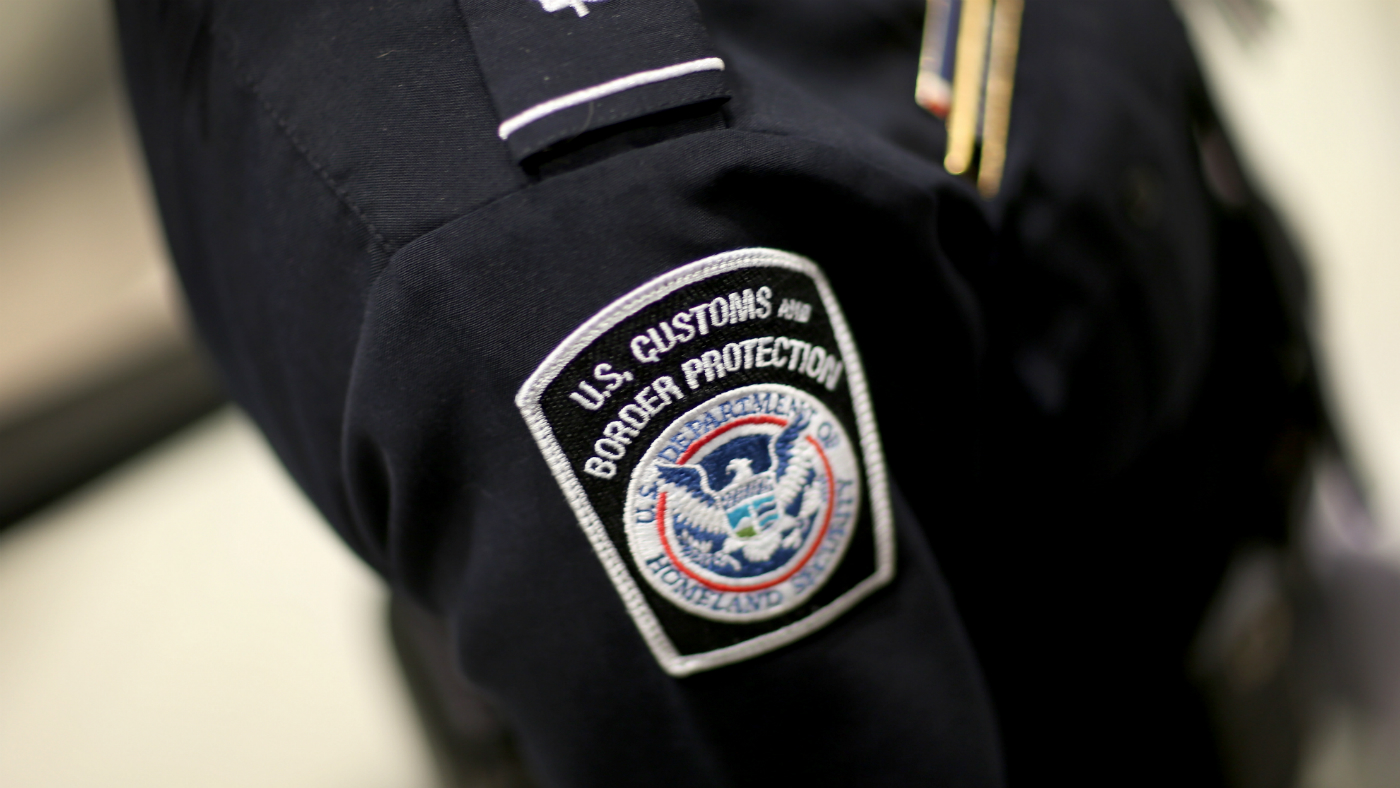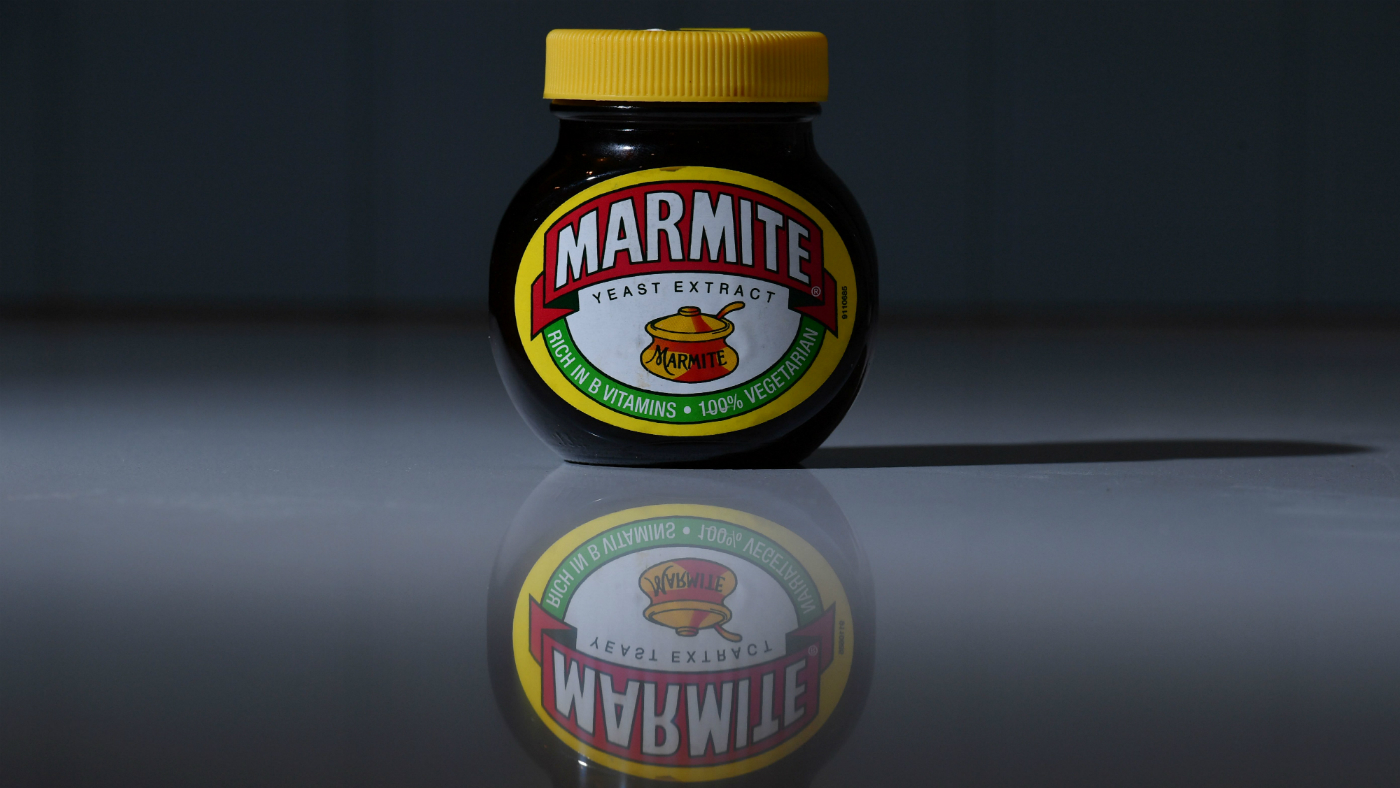Fact Check: Are far-right groups the biggest US terror threat?
In Depth: New Jersey senator claims white nationalists behind majority of attacks since 9/11

A free daily email with the biggest news stories of the day – and the best features from TheWeek.com
You are now subscribed
Your newsletter sign-up was successful
US Senator Cory Booker has reignited the debate on domestic terrorism by claiming that white nationalist groups are more dangerous than Islamist militants.
The New Jersey Democrat criticised the Trump administration for allegedly ignoring the threat posed by far-right extremists, whom he says are behind the majority of attacks since 9/11.
Conservative pundits have hit back, accusing Booker of relying on “dubious” data to support his own “attack” on the White House.
The Week
Escape your echo chamber. Get the facts behind the news, plus analysis from multiple perspectives.

Sign up for The Week's Free Newsletters
From our morning news briefing to a weekly Good News Newsletter, get the best of The Week delivered directly to your inbox.
From our morning news briefing to a weekly Good News Newsletter, get the best of The Week delivered directly to your inbox.
So who’s right? The Week examines the facts behind the senator’s claims.
What exactly did Booker say?
Speaking during a Senate Judiciary Committee hearing last week, Booker accused the Department of Homeland Security of focusing solely on terror attacks plotted by Islamist radicals, while turning a blind eye to the threat of far-right extremism.
“In American history since 9/11, we’ve had 85 major attacks in our country, 73% of them have been by white nationalist hate groups against minorities, against Muslims, against others,” he said.
A free daily email with the biggest news stories of the day – and the best features from TheWeek.com
The senator’s spokesperson said he was citing numbers from an April 2017 report by the US Government Accountability Office (GAO) on countering violent terrorism, according to fact-checking site PolitiFact.
What do others say?
Scott Greer, deputy editor of the conservative Daily Caller website, accuses Booker of using misleading figures.
“When you look closer at the data, the picture isn’t as clear-cut as [Booker] would have us believe,” Greer writes, adding that there were “serious issues” with the report.
“It is interesting that Booker went with the 73% figure from the study instead of the number of people killed by white supremacists,” Greer says. “The GAO reports that while right-wing extremists were responsible for more incidents, Islamists killed more people on American soil.”
The head of the FBI has previously said that white supremacists and Islamist extremists pose an equal threat to national security.
“We take both of them very, very seriously,” FBI director Christopher Wray said in September. “Our focus is on violence and threats of violence against the people of this country. That’s our concern – it’s not ideology.”
What are the facts?
The report Booker cited found that from 12 September 2001 to the end of 2016, there were 85 deadly attacks in the US by violent extremists, resulting in a total of 225 deaths.
Of those deaths, 106 people were killed by far-right extremists, in 62 separate attacks, while 119 people were killed by Islamist extremists, in 23 separate incidents.
So while the majority (73%) of the attacks were carried out by far-right extremists, more people were killed by Islamist terrorists.
However, as Politifact’s Amy Sherman points out, Booker used the term “white nationalists”, which is “not exactly the same thing” as far-right extremist groups.
The latter “are motivated by ideologies seeking an idealised future favouring a particular group”, says Sherman. “They include white supremacists and anti-government militias, among others.”
According to the GAO report, almost half the 85 attacks were committed by white supremacists.
But that “number could rise if we counted additional perpetrators who sympathised with white supremacist ideals but were not labelled as white supremacists by the GAO”, Sherman says.
Booker’s spokesperson explained the discrepancy in figures by arguing that although the report did not identify some of the perpetrators as white supremacists, other sources such as news accounts or court records showed they held white supremacist or racist views.
A deadly difference
Separate research carried out by the University of Maryland’s National Consortium for the Study of Terrorism and Responses to Terrorism reveals a slightly different picture.
It found that, during the same period as that cited by Booker, Islamist extremists carried out 31 attacks, leading to 119 deaths, while far-right extremists were responsible for killing 158 people, in 89 separate attacks.
So while both sources agree that far-right extremist attacks are far more common, they differ on the total number of deaths they have caused.
Whether Muslim or far-right extremists have killed more Americans “depends on how you measure such incidents and which source you use”, says Politico. “Sorting through attacks and placing them in the categories of terrorism, violent extremism or hate crimes can sometimes be extremely complicated.”
Who is right?
The evidence suggests that far-right groups are responsible for a higher number of attacks than Islamists extremists, but not necessarily more deaths.
It was misleading of Senator Booker to imply that white nationalist groups were behind the majority of attacks, as the figures he cited applied to far-right extremists as a whole.
-
 How the FCC’s ‘equal time’ rule works
How the FCC’s ‘equal time’ rule worksIn the Spotlight The law is at the heart of the Colbert-CBS conflict
-
 What is the endgame in the DHS shutdown?
What is the endgame in the DHS shutdown?Today’s Big Question Democrats want to rein in ICE’s immigration crackdown
-
 ‘Poor time management isn’t just an inconvenience’
‘Poor time management isn’t just an inconvenience’Instant Opinion Opinion, comment and editorials of the day
-
 Fact check: are US migrant detention centres really concentration camps?
Fact check: are US migrant detention centres really concentration camps?In Depth Congresswoman Alexandria Ocasio-Cortez stands by her controversial claim
-
 Fact check: how do charities spend your money?
Fact check: how do charities spend your money?In Depth The Week investigates what percentage of donations goes directly to those in need
-
 Fact Check: Do terrorists exploit the US green card lottery?
Fact Check: Do terrorists exploit the US green card lottery?In Depth The US visa programme that has sparked Donald Trump’s ire
-
 Fact Check: Did UK’s ‘better educated’ vote Remain?
Fact Check: Did UK’s ‘better educated’ vote Remain?In Depth Labour MP’s linking of education levels to pro-EU votes sparks outrage
-
 Fact Check: The truth about NHS staff shortages
Fact Check: The truth about NHS staff shortagesIn Depth Is the health service facing an unprecedented workforce crisis? The Week looks at the figures
-
 Fact Check: The truth about saturated fat
Fact Check: The truth about saturated fatIn Depth The Week checks out a controversial report that claims saturated fats do not increase heart risk
-
 Fact Check: The truth behind Marmite's brain-boosting properties
Fact Check: The truth behind Marmite's brain-boosting propertiesIn Depth Papers say the spread could prevent dementia, but critics accuse the press of laying it on thick
-
 Fact Check: Is Easter a Christian or pagan festival?
Fact Check: Is Easter a Christian or pagan festival?In Depth Cadbury's and the National Trust have been accused of 'airbrushing faith' out of an egg hunt, but is the Church right to be so angry?